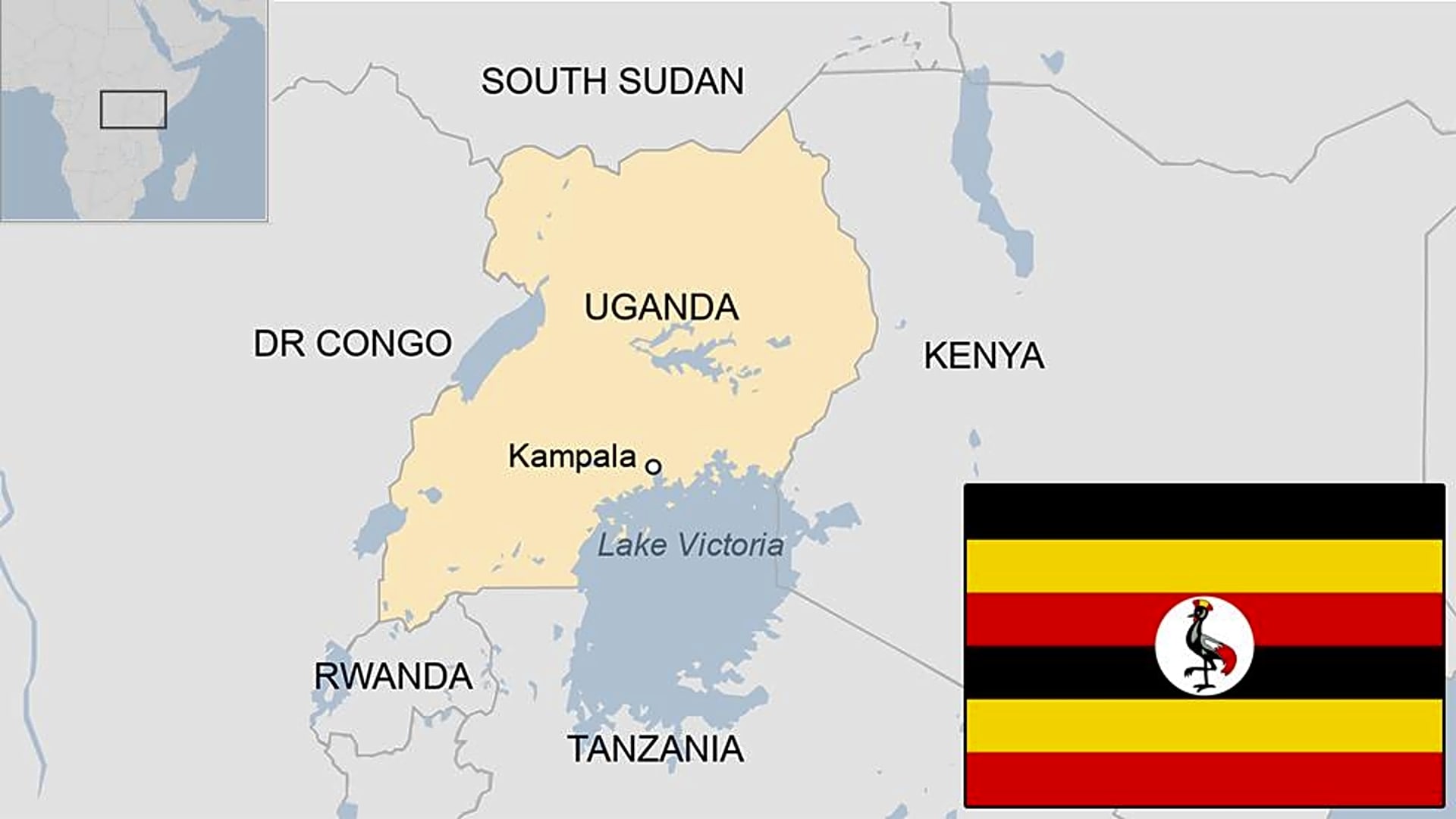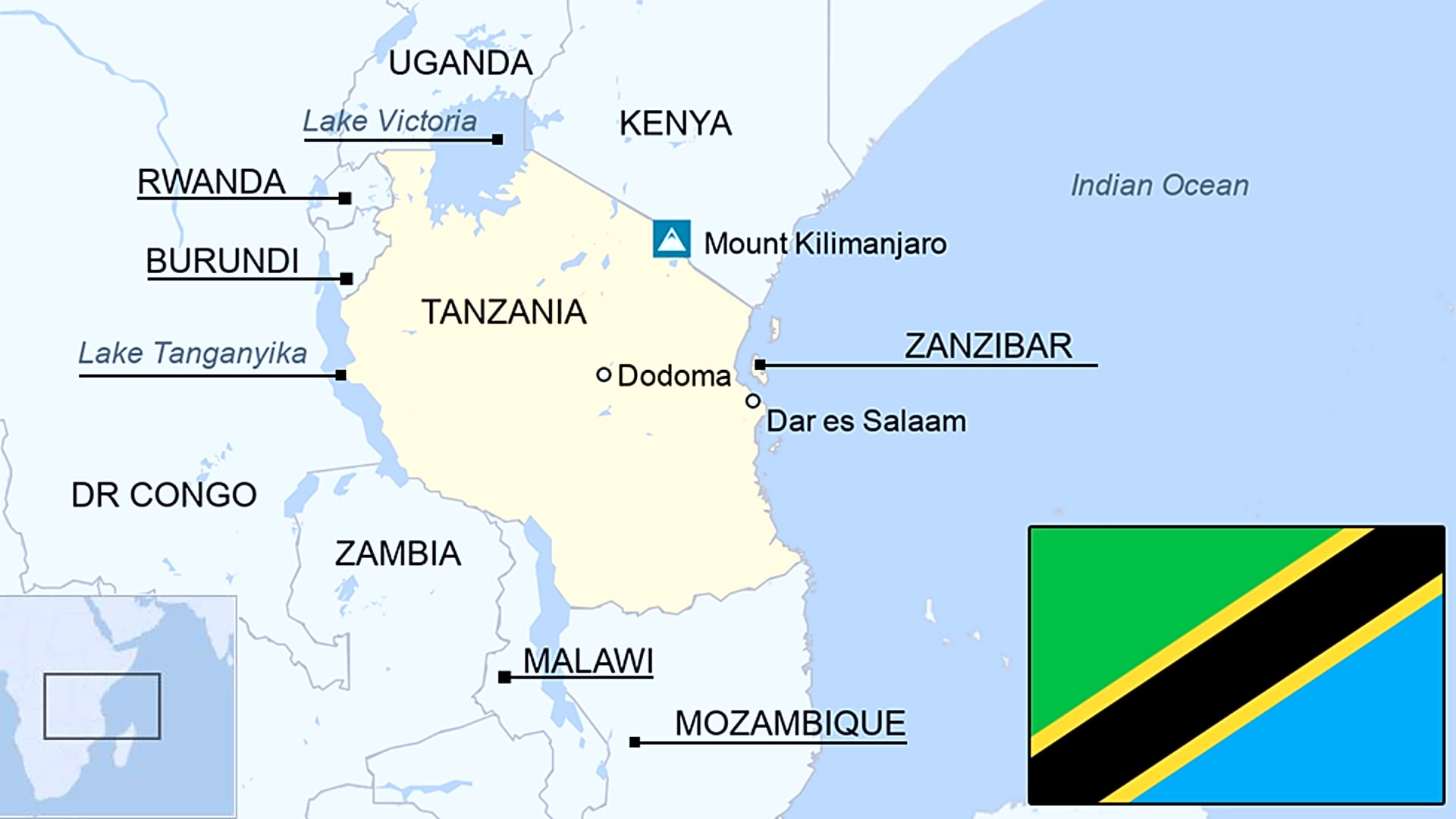Summarized by AI Model:facebook/bart-large-cnn
South Africa's National Cloud and Data Policy acts as a roadmap to assist the nation in embracing a cloud-first, digital-first strategy. The policy was established in May 2024 in response to the need for a comprehensive strategy that would secure data, provide local sovereignty over important information, and boost the digital economy.Although it does not address novel ideas, South Africa’s National Cloud and Data Policy acts as a roadmap to assist the nation in embracing a cloud-first, digital-first strategy in the context of the global digital economy. Data and tech attorney Zwakele Mbanjwa of Michalsons, who gave the opening keynote address at today’s ITWeb Cloud and Data Summit 2024, said as much.
The policy was established in May 2024 in response to the need for a comprehensive strategy that would secure data, provide local sovereignty over important information, and boost the digital economy. It was designed to promote innovation and expansion in cloud services while establishing a data environment that is safe, effective, and compliant.
According to Mbanjwa, the strategy offers a framework for assisting South Africa in using data to propel digital transformation and tackle issues such as infrastructural limitations, unemployment, economic inequality, and service delivery. Mbanjwa stated that “the skills shortage also remains a challenge” and that “investment in training and education, to cultivate a culture of innovation, and collaboration across sectors, is necessary.”
Mbanjwa noted that the policy guides coordinated efforts by facilitating cooperation between regulatory organisations such as the Information Regulator of SA, the Film and Publication Board, and ICASA (Independent Communications Authority of South Africa).
He pointed out that the policy is a component of an open data program that makes non-sensitive government data accessible and encourages innovation using AI and data analytics. Despite not being a law, the policy integrates ideas such as data sovereignty and data localisation into a document that may be used in both the public and private sectors.
Although these rules are essential for cloud migration and data centre operations, Mbanjwa warned that overly stringent laws may hinder innovation. Additionally, there are chances for cooperation, like joint solution development through public-private partnerships […]. By levelling the playing field and promoting a thriving tech environment, the strategy helps startups and SMMEs. Mbanjwa came to the conclusion that local companies should be flexible and creative in modifying their cloud strategies to align with market trends, as they have access to hybrid and multi-cloud solutions provided by cloud providers.


